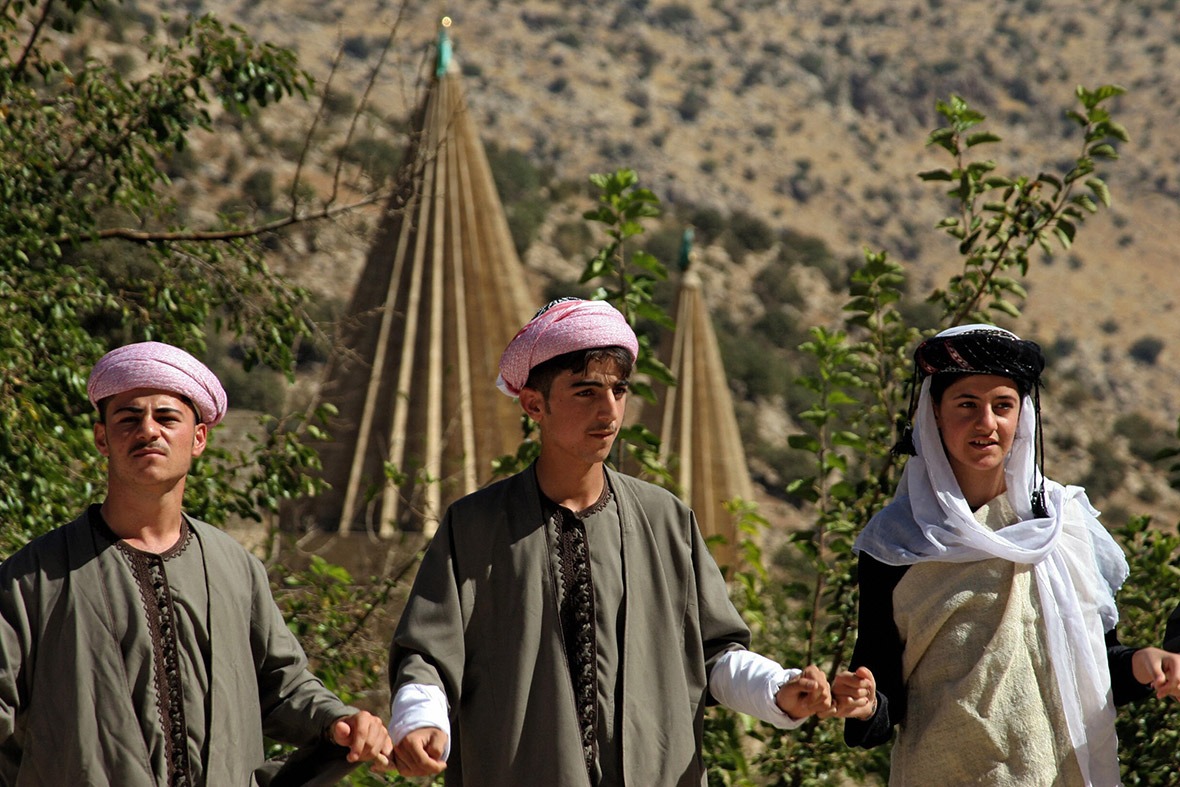A people from Mesopotamia
The Ezîdis are an indigenous people of Mesopotamia. Today, due to genocidal attempts and persecutions throughout history, the Ezîdîs live scattered in different states, such as Turkey, Iraq, Armenia, but also in Europe and America.
The main centre of Ezîdî life remains South Kurdistan, where to this day more than 350,000 Ezîdîs live in the area of the Şengal Mountain. But the historical settlement area of the Ezîdîs is much larger and is called Êzîdxan “the land of the Ezîdîs”.
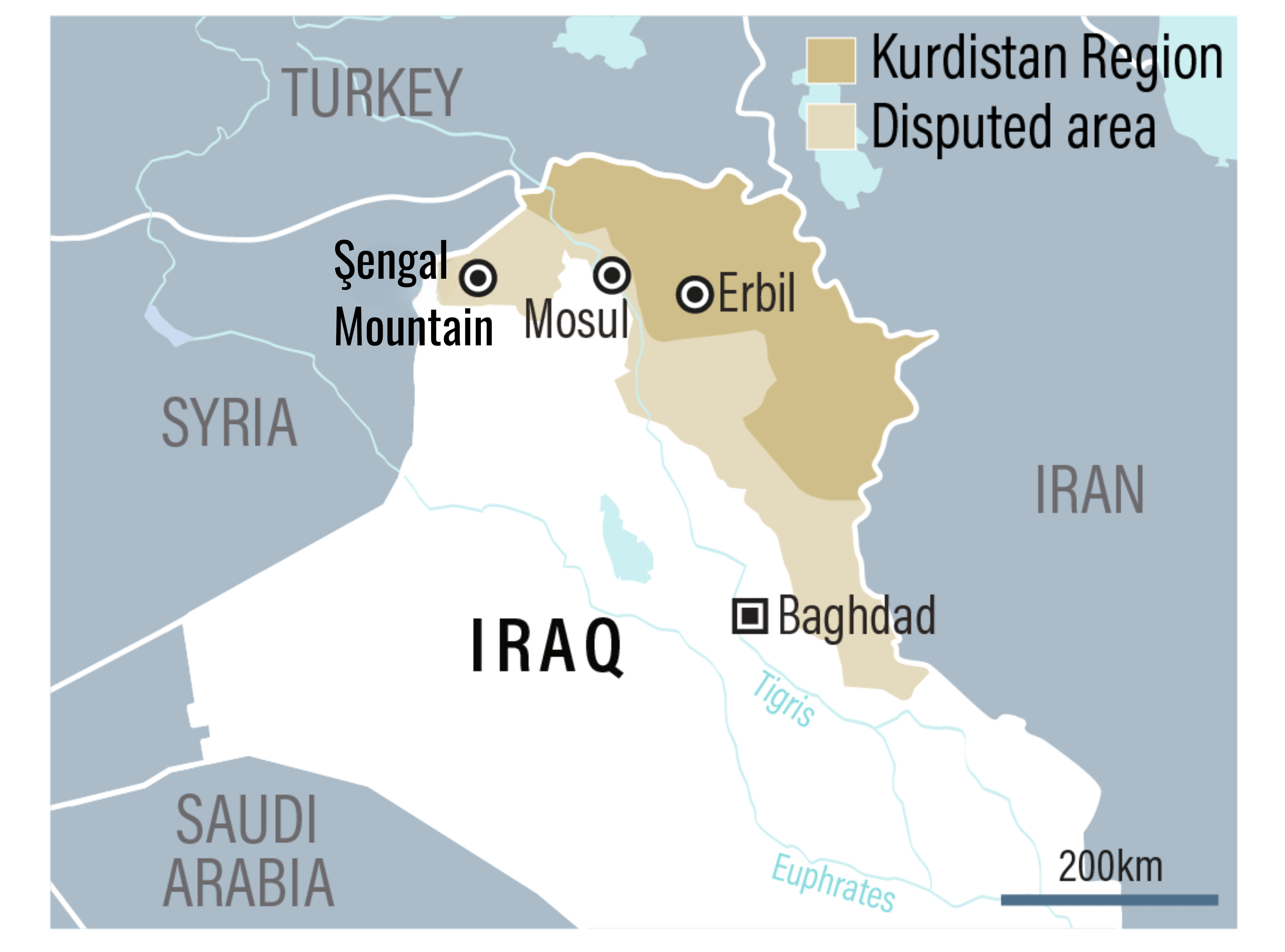
What is their religion?
Ezidism is understood to be a pre-Zoroastrian monotheistic faith, with rituals and prayers not too different from other faiths in the region. Ezidism teaches that Xwedê (God) is the creator of the world, who entrusted the affairs of the world to seven angels, including their leader, Tawûsî Melek.
Ezidism places great importance and sanctity on the earth’s elements and nature – prayers are usually recited facing the sun, moon or other natural entity, believing that everything in nature contains a means of communication with God.
The main difference between Ezidism and other religions is the narration of angels. For thousands of years, this difference has led other religious groups to believe that they “believe in evil angels”.
Instrumentalised for geopolitical and power interests, these accusations have led to massacres throughout history until today.
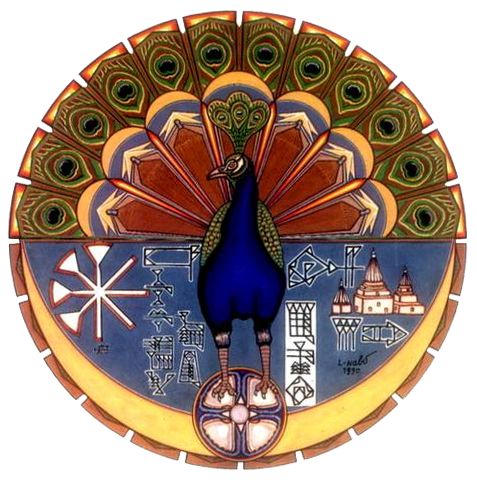
74 Fermans – 74 massacres
Ezîdîs have been persecuted as a religious minority many times over the past 1000 years, resulting in a series of discriminatory treatments, violent conversions and genocidal mass murders.
Beginning under the Ottoman Empire (or even before), through the Arabisation campaigns of the Ba’athist movement in Iraq, to ISIS’s attempts to exterminate them as “apostates” in 2014, with the complicity of KDP (Barzani’s “Kurdistan Democratic Party”) and the Turkish State.
Although the Ezîdîs were attacked by Arabs, Persians, Kurds and Ottomans in the 18th and 19th centuries, they sheltered other religions in need, such as the 20.000 Assyrians and Armenians fleeing the Ottomans during the First World War, whom they welcomed on Şengal mountain.
The memory of numerous expulsions and persecutions, as well as their resistance to them, continues to influence the collective identity of the Ezîdîs to this day.
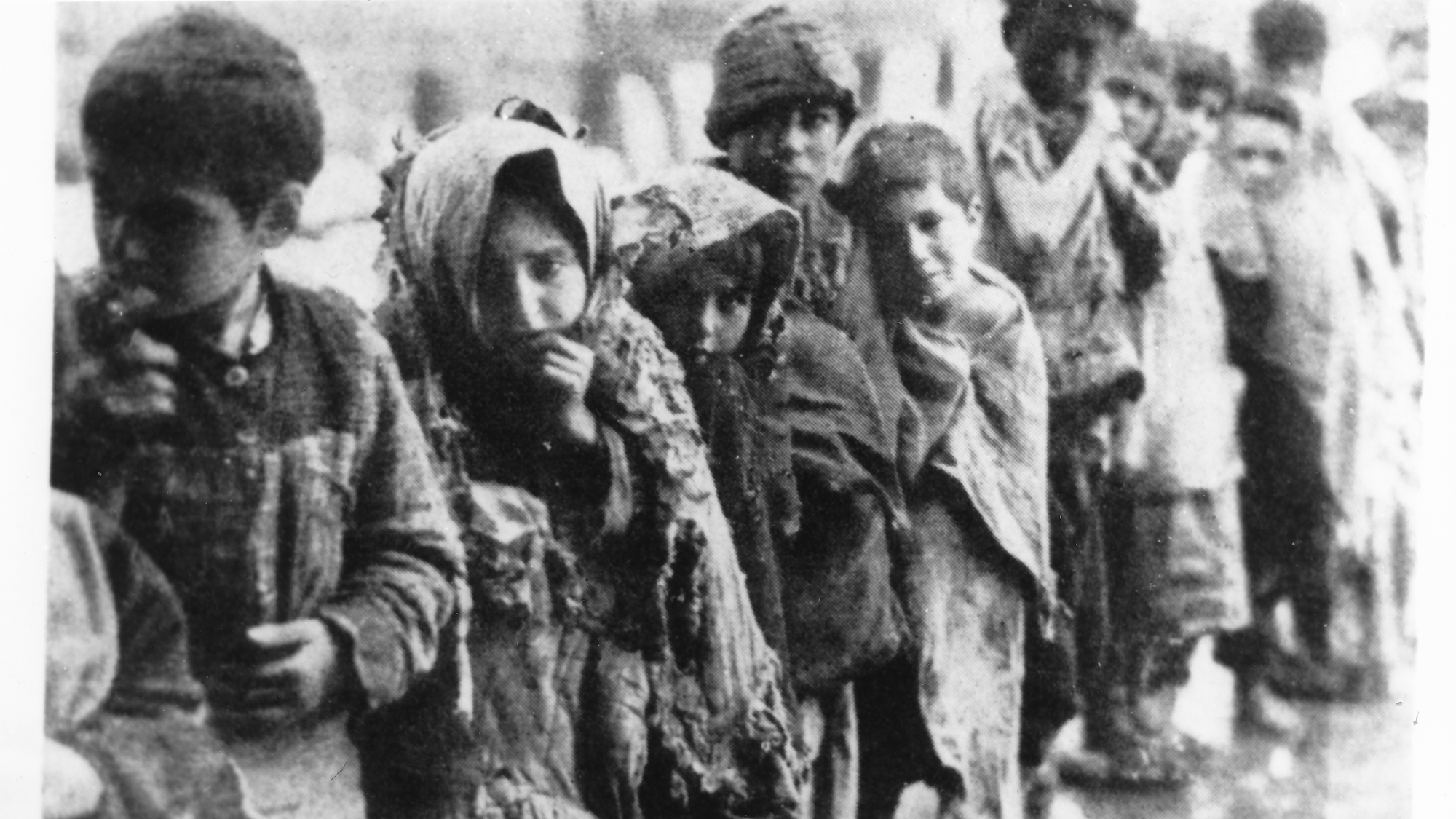
10 years after the genocide
10 years after the 2014 genocide, the Ezîdî people are still living under a great existential threat.
For many years, Turkish drones have regularly targeted the Şengal region, causing many civilian deaths, in an attempt to destabilize the region and prepare the ground for an invasion.
A few days after the 10th anniversary of the genocide, one of the main Ezîdî political parties, the PADÊ (Ezîdî Freedom and Democracy Party), was dissolved by the Iraqi state, along with two other Kurdish political parties.
Situation Today
A dispute over controversial statements made by Ezîdî KDP politician Qasim Şeşo has recently sparked a new wave of hate speech and threats from Sunni Islamists against Ezîdî living in Iraq.
As a result, hundreds of families who had been living in refugee camps since the genocide fled back to the city of Şengal, fearing for their lives.
The Êzidxan Asayish, the local Ezîdî public order units, together with the Şengal Autonomous Administration, welcomed the families seeking a safe place to live.
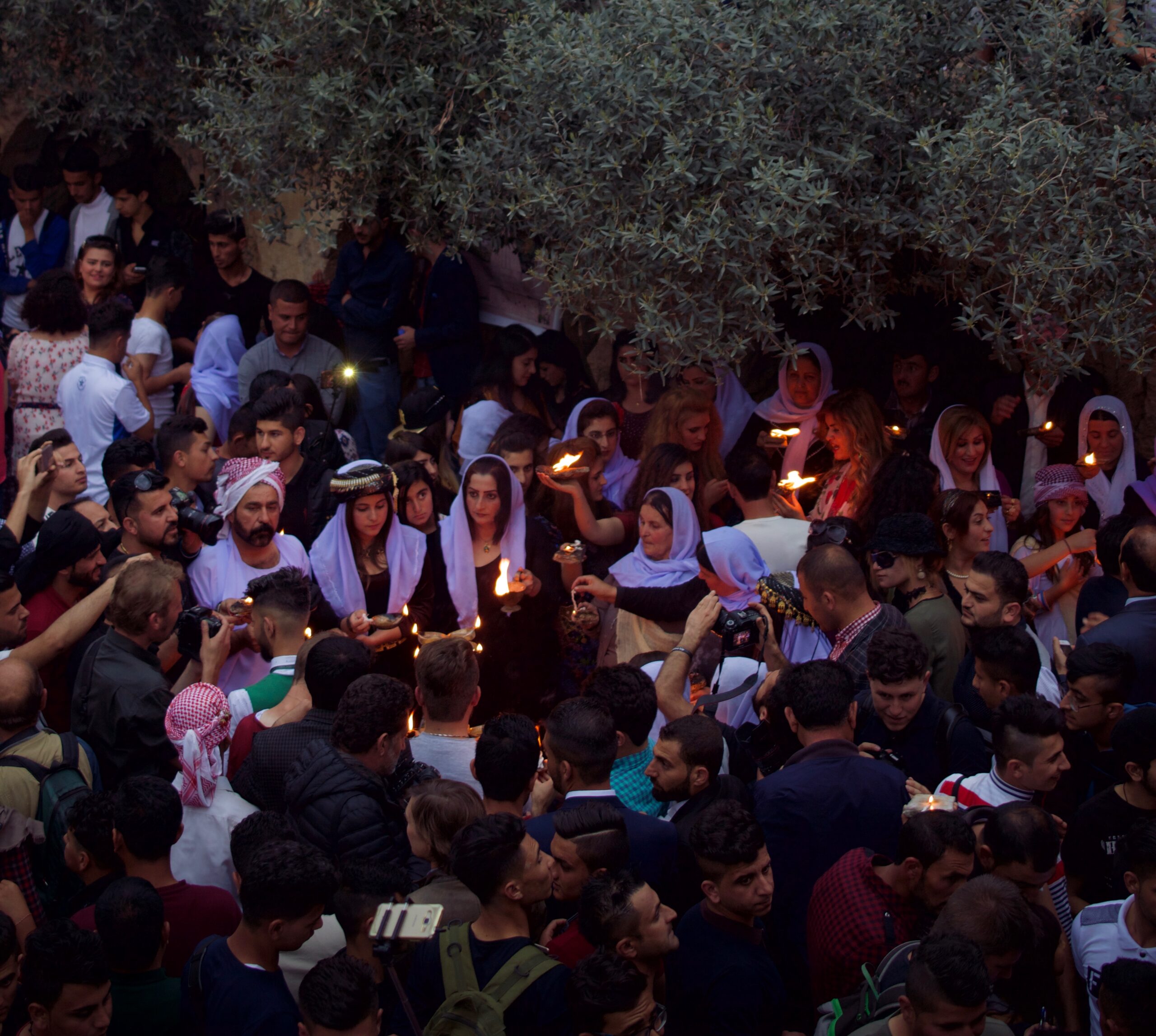
Ronahî – Youth Center for Public Relations.

